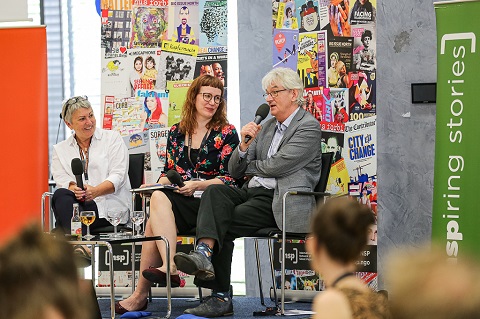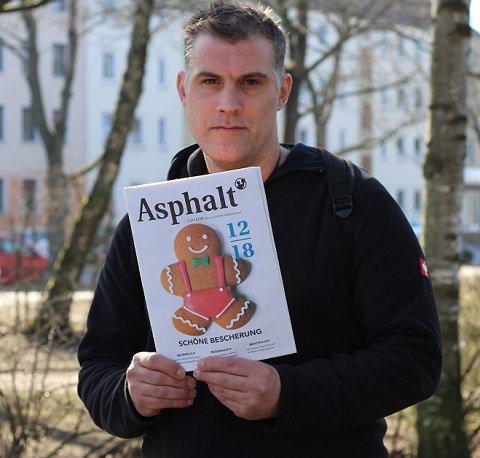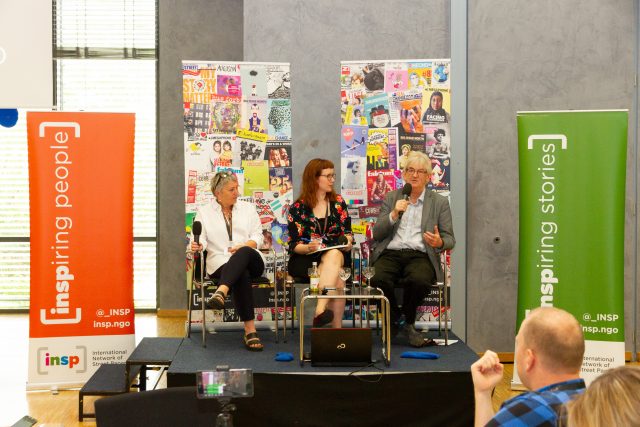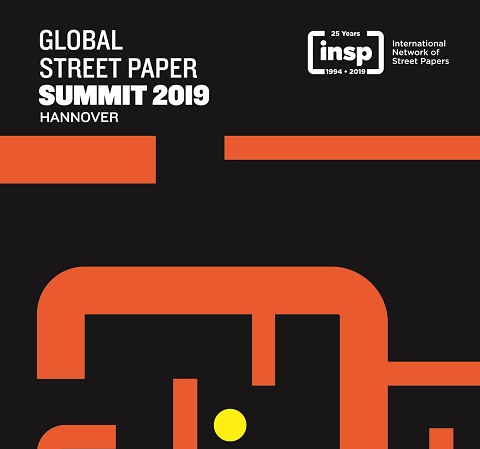The final day of the 2019 Global Street Paper Summit allowed delegates to hear more on the theme of digital technology and its infiltration of facts, news and the journalism industry.
This time it was through the prism of social media analytics, as presented by expert in the field Ray Serrato, who works at the intersection of digital and human rights. Based in Berlin with non-profit global activism organisation Avaaz, Serrato takes part in data-driven investigations of how social media platforms are being used to spread misinformation and distort the democratic process, in an attempt to hold those platforms to account and expose the truth.
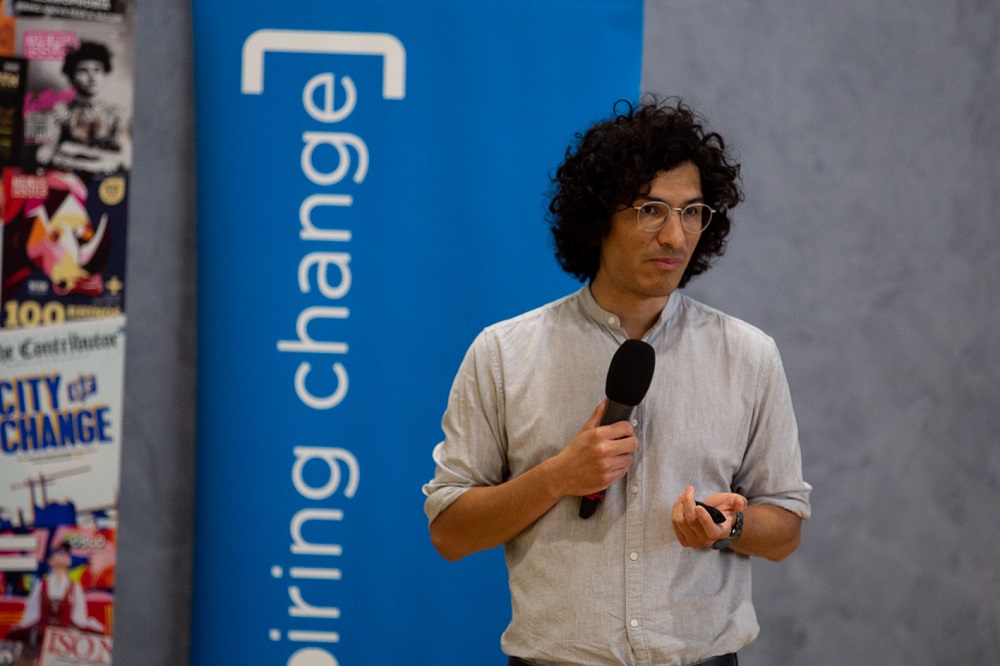
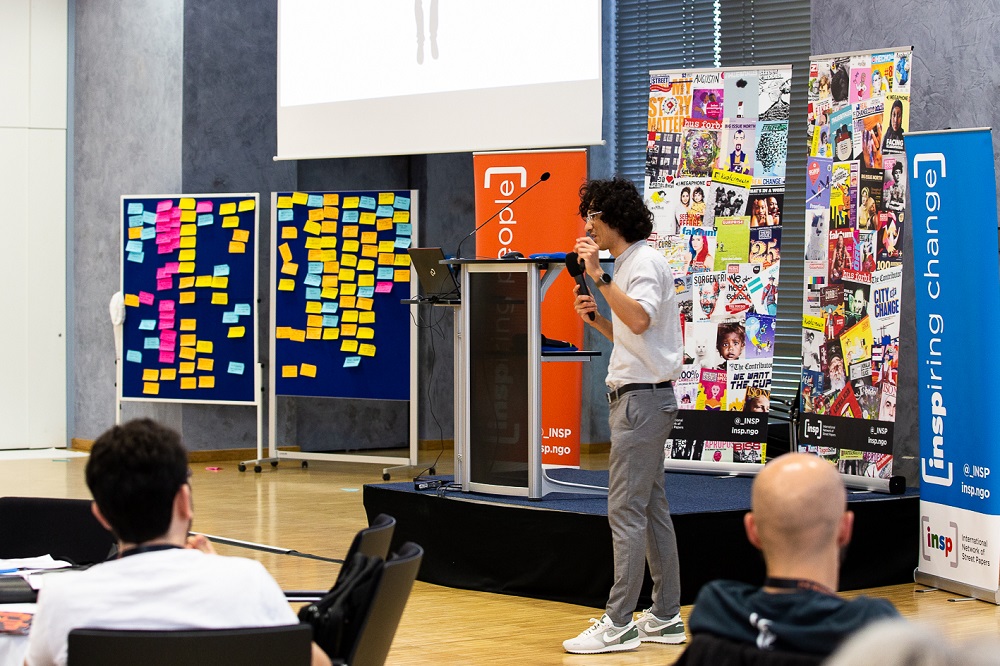
To illustrate this, Serrato used a number of examples of how people and news outlets have reacted to local events, or how political unrest has been stoked by using Facebook, Twitter, YouTube and other social media outlets. These ranged from the murder of a man in the German town of Chemnitz and how this was seized upon by the German alt-right, to how new Twitter users spring up and worked in “shifts” to spread racist and sectarian misinformation about the Muslim Rohingya people in Myanmar. In the latter example, Serrato told of how even joke memes were weaponised to create anti-Rohingya sentiment.
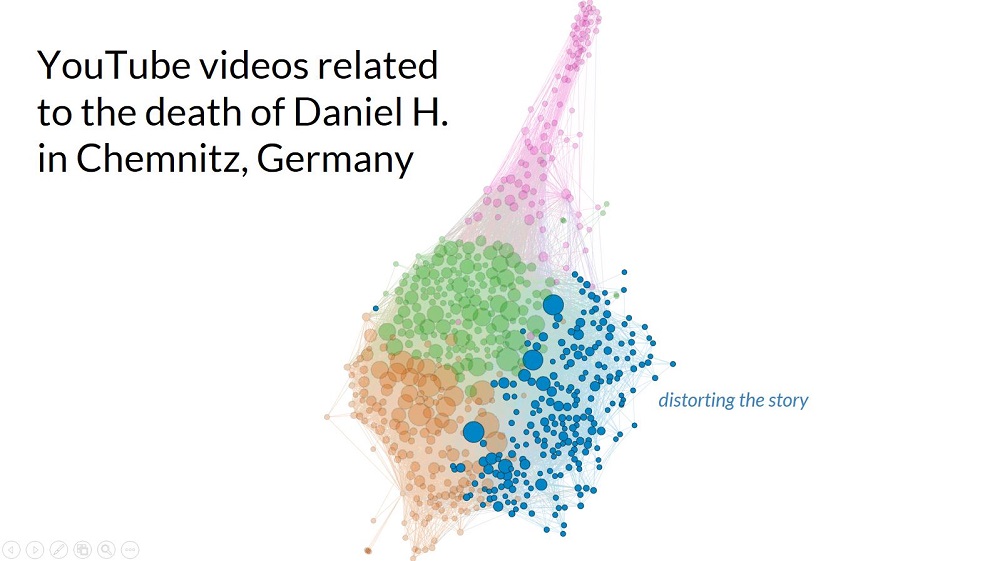
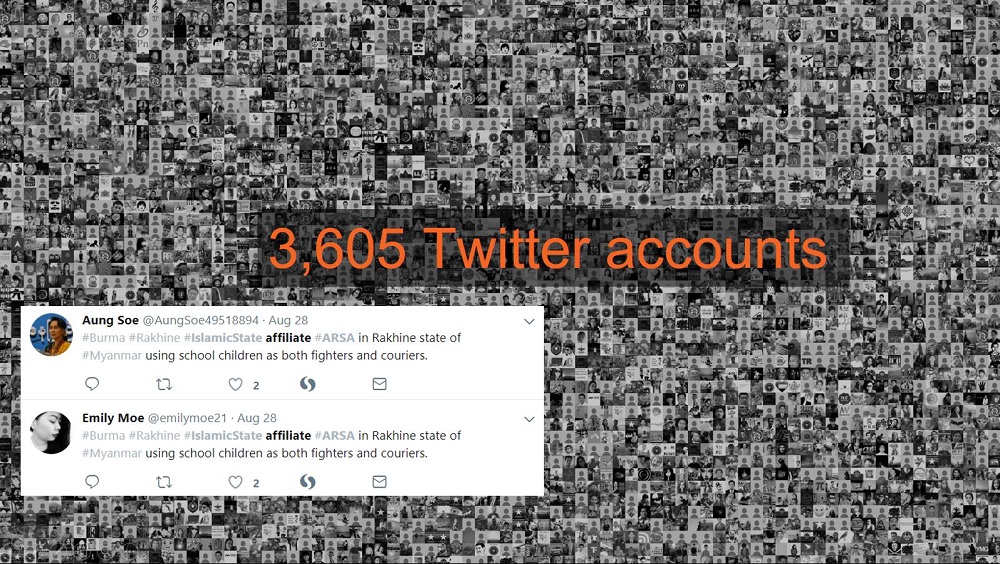
Speaking to captivated delegates, Serrato said: “Fake news is affecting the realities of humans around the world every day. It’s also being used as a political weapon. A better term for fake news is disinformation. It’s the use of information to intentionally distort facts.”
“The truth is getting lost on social media. It’s poisoning the well of our communities and society overall.”
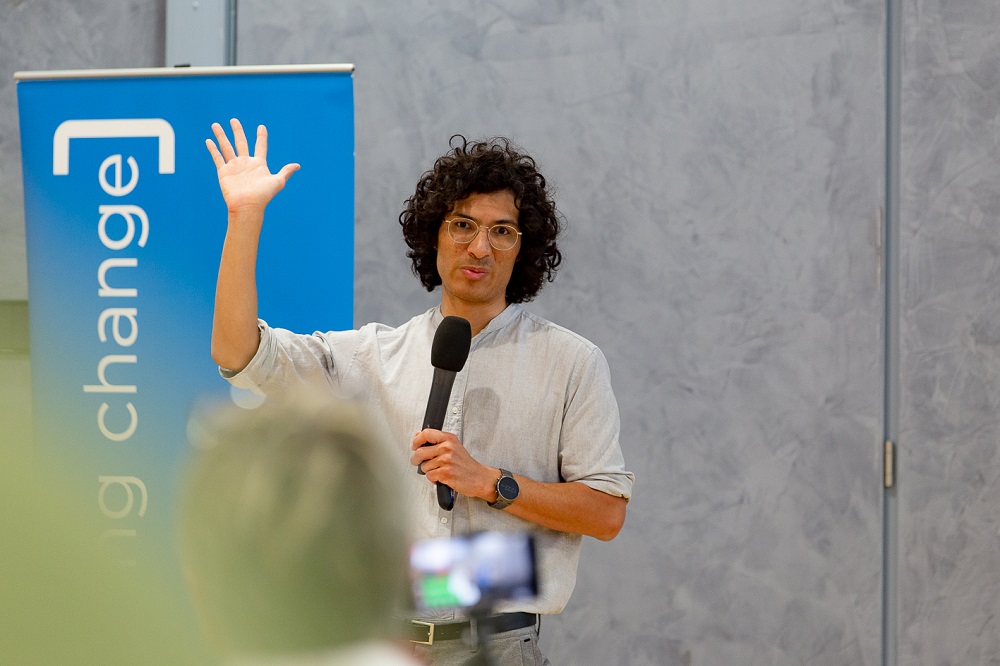
Using analytical graphs and tables of social media data, Serrato laid out in layman’s terms the furore that occurs around a politicised story, and how that manifests itself online.
There was time to discuss the positive aspects of social media, including the idea that platforms being weaponised for nefarious reasons means they also have the ability to be commandeered to do good, such as social campaigning.
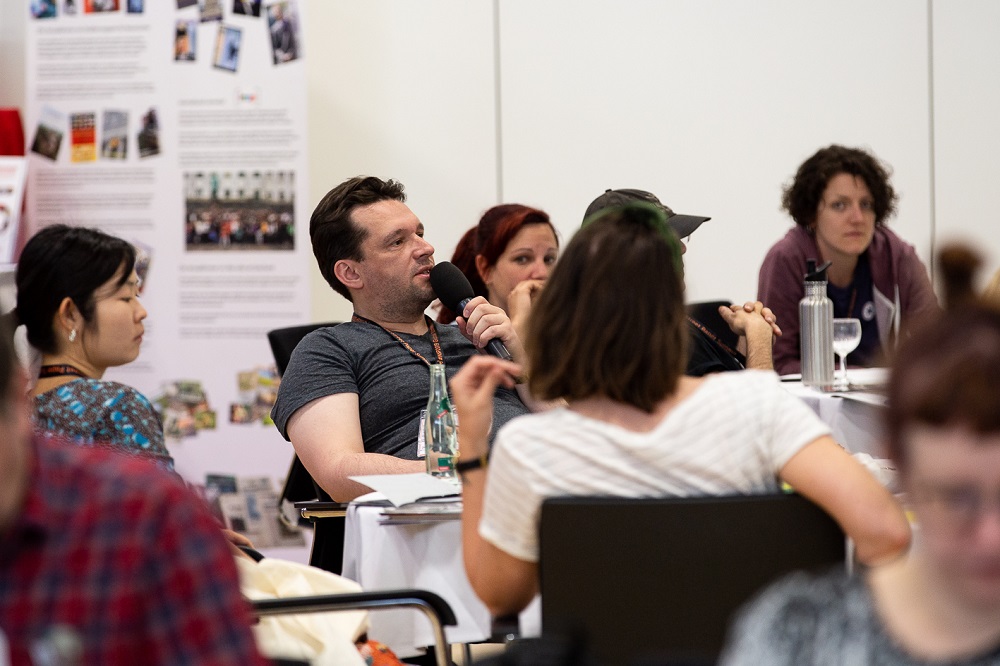
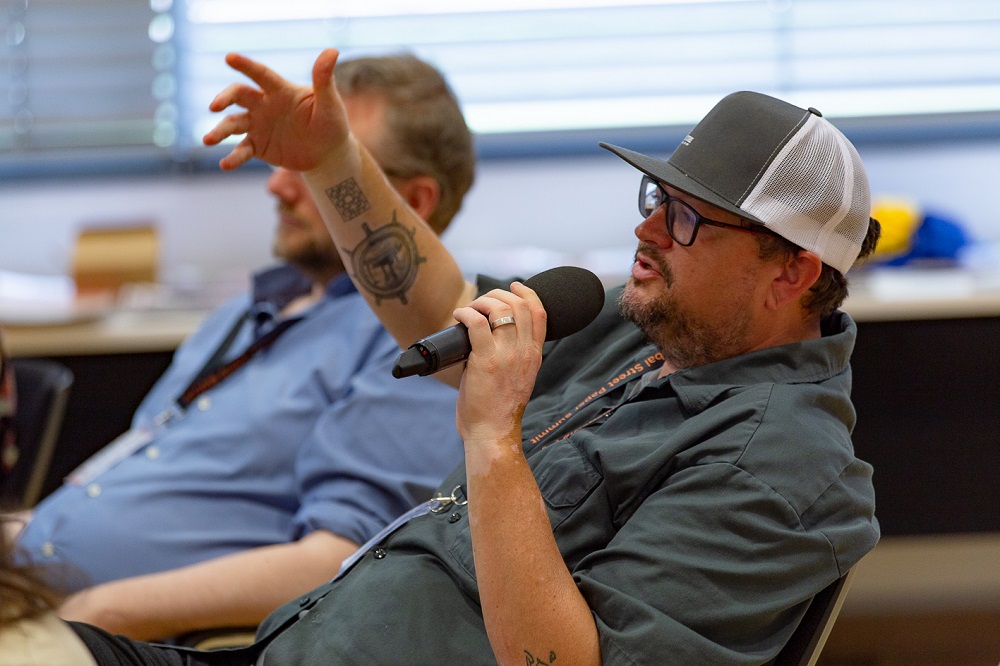
“There are a lot of grim things about social media, but in the end it also has the potential to help us,” said Serrato.
An extended interview with Ray Serrato will be available to INSP members shortly after #INSP2019






